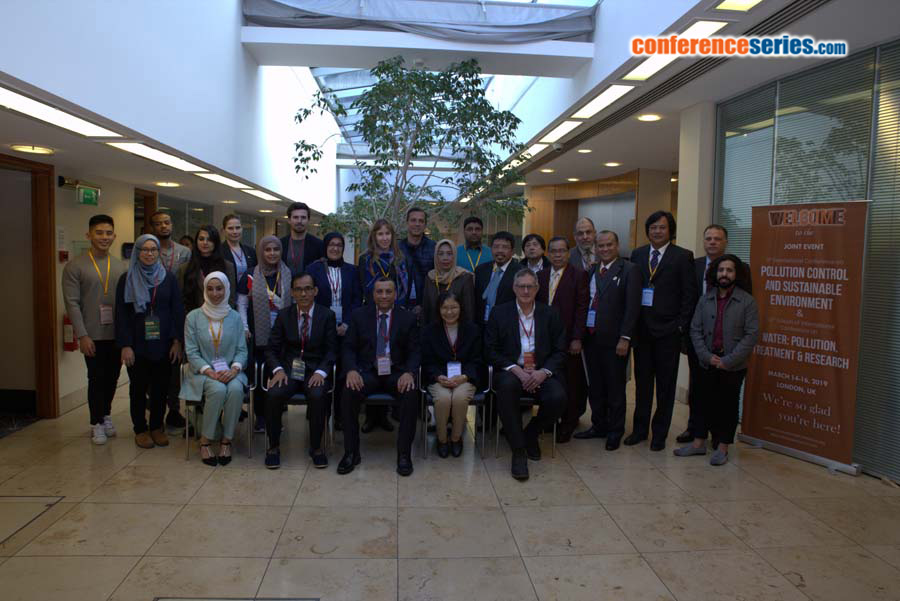
Vincent Tan
Monash University, Australia
Title: Kinetic modelling of scrap tyre pyrolysis through the modified chemical percolation devolatilization (M-CPD)
Biography
Biography: Vincent Tan
Abstract
The disposal of waste tyres has been an inevitable problem around the world. Approximately 800 million used tyres are dumped annually, with a projected growth rate of 2%. Pyrolysis is as an attractive thermochemical technique for recycling the abundance of waste tyres while at the same time allowing energy fuel production. However, significant problems such as uncertain product yields and product properties could appear, which refrain the pyrolysis oil from being used successfully on a commercial scale. Although plenty of studies have been performed for the pyrolysis of waste tyres in the lab scale, there is very limited knowledge on the industrial heating provisions that use direct and indirect heating to perform the process through the combustion of methane-rich pyrolysis gas for energy-saving purposes. Hence, this study aims to develop a robust kinetic model to predict the pyrolysis of waste tyres, and make the results of experimental studies more applicable as far as practical industrial provisions are concerned. As a result, a chemical-based model (M-CPD) that incorporates a 1-D heat transfer mechanism has been developed to predict the product yields of tyre pyrolysis upon different temperature, heating rate, particle size and even reactor dimensions. The experimental results are obtained from tyre pyrolysis in lab conditions, where industry standards and practices are taken into consideration and simulated, have shown that the tyre oil produced from the direct heating provisions have the strongest potential to be used as petroleum derived fuel substitutes.




